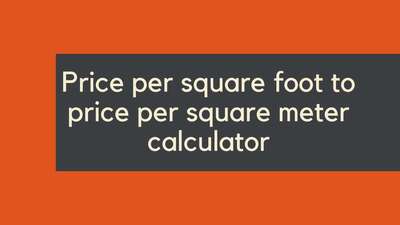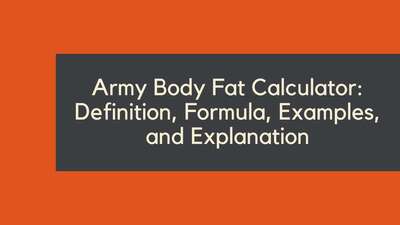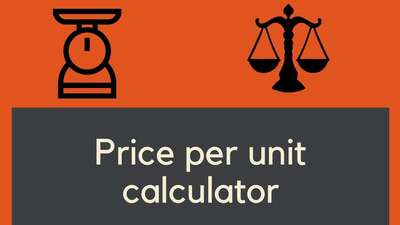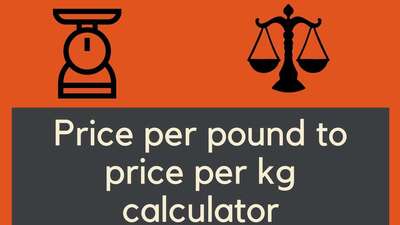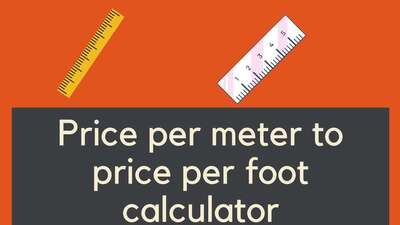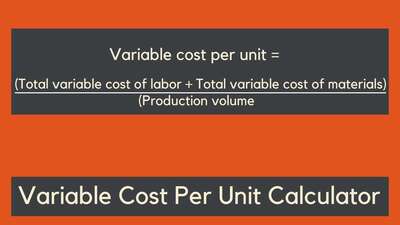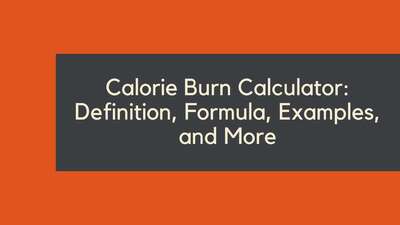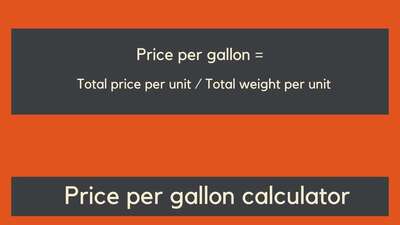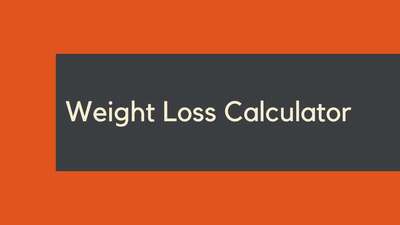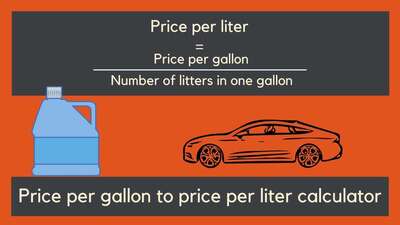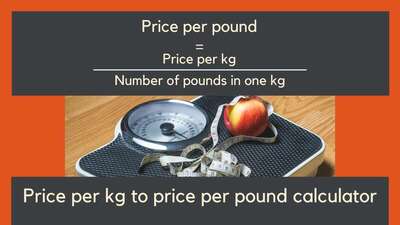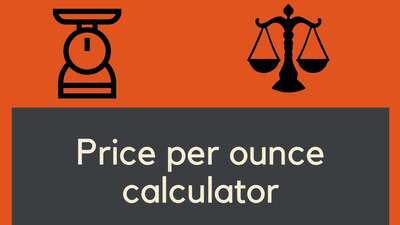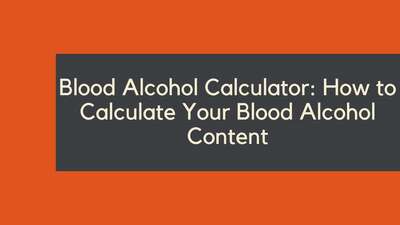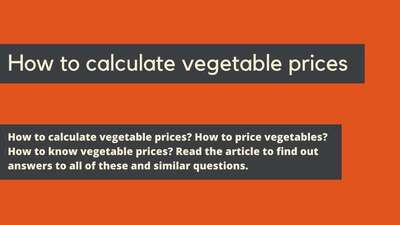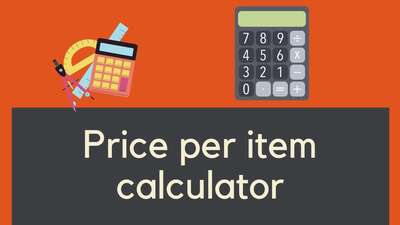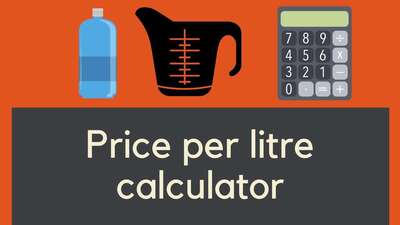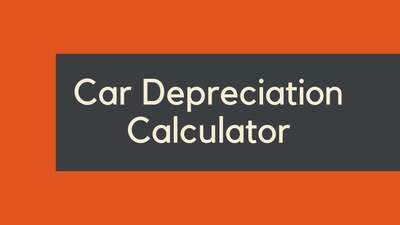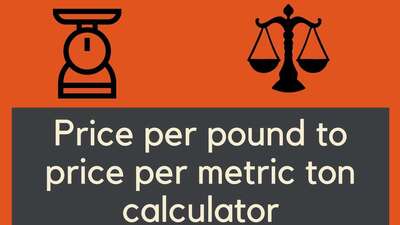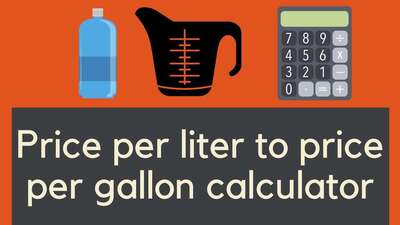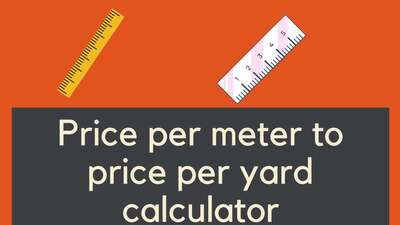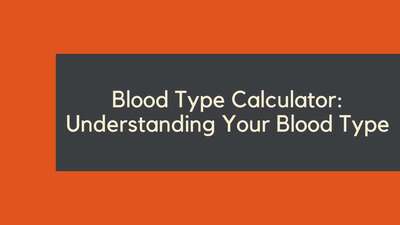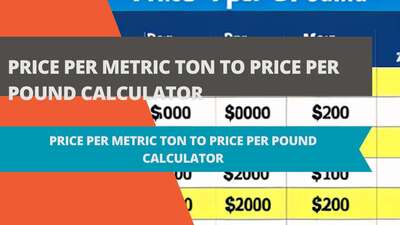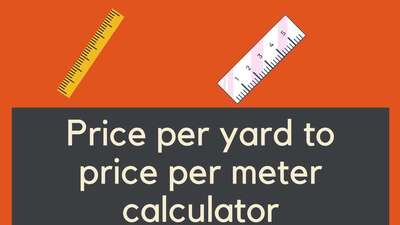Calorie Intake Calculator: Definition, Formula, Examples, and Explanation

- Definition of Calorie Intake Calculator
- Formula for Calculating Calorie Intake
- For Men:
- For Women:
- For a 35-year-old, 150-pound, 5-foot-5-inch woman who exercises moderately:
- Examples of Using the Calorie Intake Calculator
- Example 1:
- Example 2:
- Explanation of Calorie Intake Calculator
- Personalizing Caloric Intake for Different Body Types
- Ectomorphs
- Mesomorphs
- Endomorphs
- Impact of Age and Hormonal Changes on Caloric Needs
- Effects of Aging
- Hormonal Changes
- Role of Micronutrients in Caloric Intake
- Vitamins and Metabolic Health
- Minerals and Body Function
- Quality over Quantity
- Psychological Aspects of Calorie Counting
- Benefits of Calorie Awareness
- Potential Negative Impacts
- Mindful Eating Strategies
- Integrating Calorie Intake with Physical Activity
- Aerobic Activities
- Strength Training
- Balancing Diet and Exercise
- Question and Answer (FAQ) Section
- What is a calorie intake calculator?
- How do I calculate my calorie intake?
- What is the best calorie intake calculator?
- Can a calorie intake calculator help me lose weight?
- Is it safe to use a calorie intake calculator?
- Conclusion
- Key takeaways
Are you trying to lose weight or gain muscle? Or simply want to maintain your current weight? The key to achieving your goal is to manage your calorie intake. But how do you know how many calories you need each day? This is where a calorie intake calculator can help. In this article, we will define what a calorie intake calculator is, provide a formula for calculating your daily caloric needs, give examples of how to use the calculator, and explain the science behind it.
Definition of Calorie Intake Calculator
A calorie intake calculator is a tool that estimates the number of calories you need to consume each day based on your age, sex, height, weight, and activity level. The calculator takes into account your basal metabolic rate (BMR), which is the number of calories your body burns at rest, and your activity level, which includes everything from fidgeting to exercising.
The purpose of a calorie intake calculator is to help you reach your weight goal by ensuring that you consume the appropriate amount of calories. If you consume more calories than your body needs, you will gain weight. Conversely, if you consume fewer calories than your body needs, you will lose weight.
Formula for Calculating Calorie Intake
The formula for calculating calorie intake is as follows:
BMR x Activity Factor = Total Daily Energy Expenditure (TDEE)
Your BMR is the number of calories your body burns at rest. The Harris-Benedict equation is the most commonly used formula for calculating BMR. It takes into account your age, sex, height, and weight.
Here is the Harris-Benedict equation for calculating BMR:
For Men:
66 + (6.2 x weight in pounds) + (12.7 x height in inches) - (6.76 x age in years) = BMR
For Women:
655.1 + (4.35 x weight in pounds) + (4.7 x height in inches) - (4.7 x age in years) = BMR
The activity factor is a number that represents your level of physical activity. Here are the activity factors:
- Sedentary (little or no exercise): 1.2
- Lightly active (light exercise or sports 1-3 days a week): 1.375
- Moderately active (moderate exercise or sports 3-5 days a week): 1.55
- Very active (hard exercise or sports 6-7 days a week): 1.725
- Super active (very hard exercise or sports, physical job or training twice a day): 1.9
Here is an example of how to calculate your TDEE:
For a 35-year-old, 150-pound, 5-foot-5-inch woman who exercises moderately:
655.1 + (4.35 x 150) + (4.7 x 65) - (4.7 x 35) = 1,428.9
1,428.9 x 1.55 = 2,215.2
Therefore, this woman needs to consume 2,2152 calories per day to maintain her weight.
Examples of Using the Calorie Intake Calculator
Using a calorie intake calculator is easy. Here are a few examples:
Example 1:
John is a 30-year-old man who weighs 200 pounds and is 6 feet tall. He has a sedentary job and does not exercise. His BMR is:
66 + (6.2 x 200) + (12.7 x 72) - (6.76 x 30) = 1,970.8
His TDEE is:
1,970.8 x 1.2 = 2,365
Therefore, John needs to consume 2,365 calories per day to maintain his weight.
Example 2:
Jane is a 25-year-old woman who weighs 130 pounds and is 5 feet 4 inches tall. She exercises moderately 3-4 days a week. Her BMR is:
655.1 + (4.35 x 130) + (4.7 x 64) - (4.7 x 25) = 1,373.125
Her TDEE is:
1,373.125 x 1.55 = 2,127.67
Therefore, Jane needs to consume 2,127.67 calories per day to maintain her weight.
Explanation of Calorie Intake Calculator
The calorie intake calculator is based on the principle of energy balance. Energy balance is the relationship between the calories you consume and the calories you burn. If you consume more calories than you burn, you will gain weight. If you burn more calories than you consume, you will lose weight.
The calorie intake calculator takes into account your basal metabolic rate (BMR), which is the number of calories your body burns at rest, and your activity level, which includes everything from fidgeting to exercising. The calculator uses these factors to estimate your Total Daily Energy Expenditure (TDEE), which is the number of calories you burn in a day.
To lose weight, you need to create a calorie deficit, which means consuming fewer calories than your body needs. To gain weight, you need to create a calorie surplus, which means consuming more calories than your body needs. To maintain your weight, you need to consume the same number of calories that your body burns.
Personalizing Caloric Intake for Different Body Types
Understanding and adjusting caloric intake according to one's body type is crucial for achieving specific health and fitness goals. Different body types - ectomorph, mesomorph, and endomorph - have varying metabolic rates and nutritional needs.
-
Ectomorphs
Typically lean with a fast metabolism, ectomorphs may require a higher caloric intake, focusing on carbohydrates and proteins to support weight gain and muscle growth.
-
Mesomorphs
With a naturally muscular build, mesomorphs benefit from a balanced diet, combining proteins, fats, and carbohydrates to maintain muscle while managing weight.
-
Endomorphs
Endomorphs, who tend to gain weight easily, might need a lower caloric intake with an emphasis on whole foods and regular exercise to support weight loss or maintenance.
Personalizing calorie intake based on body type is essential for effective weight management and achieving desired fitness results.
Impact of Age and Hormonal Changes on Caloric Needs
Age and hormonal changes significantly impact metabolic rates and, as a result, the daily caloric needs of an individual. Adapting calorie intake to these changes is vital for maintaining health and well-being.
-
Effects of Aging
As people age, their metabolism typically slows down, necessitating adjustments in caloric intake to avoid weight gain and maintain energy levels.
-
Hormonal Changes
Hormonal shifts, such as those during menopause or andropause, can alter metabolic rates. Tailoring diet to these changes helps in managing weight and health symptoms associated with these life stages.
Recognizing and adjusting calorie consumption in response to aging and hormonal shifts is key to sustaining a healthy and balanced lifestyle.
Role of Micronutrients in Caloric Intake
While caloric intake is often associated with macronutrients, the role of micronutrients (vitamins and minerals) is equally crucial in maintaining overall health and optimizing metabolism.
-
Vitamins and Metabolic Health
Certain vitamins play a pivotal role in metabolic processes, influencing how the body uses energy from food.
-
Minerals and Body Function
Minerals like iron and magnesium are essential for various bodily functions, including energy production and muscle function.
-
Quality over Quantity
Focusing on nutrient-dense foods ensures that caloric intake is aligned with the body's micronutrient needs, supporting overall health and well-being.
Integrating a focus on micronutrients into caloric planning is vital for a holistic approach to nutrition and health.
Psychological Aspects of Calorie Counting
The practice of calorie counting, while beneficial for some, can have varied psychological impacts, highlighting the importance of a balanced approach to diet and nutrition.
-
Benefits of Calorie Awareness
Being aware of calorie intake can lead to more informed food choices and better portion control, contributing to healthier eating habits.
-
Potential Negative Impacts
Excessive focus on calorie counting may lead to stress, anxiety, or an unhealthy relationship with food, especially if it becomes overly restrictive or obsessive.
-
Mindful Eating Strategies
Adopting mindful eating practices can help balance the need for calorie awareness with a positive and healthy relationship with food.
Finding the right balance in calorie counting is essential for maintaining both physical health and mental well-being.
Integrating Calorie Intake with Physical Activity
For optimal health and performance, it's crucial to balance calorie intake with physical activity levels. Different types of activities influence caloric needs in unique ways.
-
Aerobic Activities
Activities like running or swimming increase caloric expenditure, necessitating a higher intake to maintain energy levels.
-
Strength Training
Strength training, while less intensive in calorie burning than aerobic exercises, requires sufficient calories for muscle repair and growth.
-
Balancing Diet and Exercise
Adjusting diet based on activity type and intensity is key to ensuring the body receives enough energy and nutrients for recovery and performance.
Understanding the interplay between calorie intake and physical activity is essential for anyone looking to improve their health or athletic performance.
Question and Answer (FAQ) Section
What is a calorie intake calculator?
A calorie intake calculator is a tool that estimates the number of calories you need to consume each day based on your age, sex, height, weight, and activity level. The calculator takes into account your basal metabolic rate (BMR) and your activity level.
How do I calculate my calorie intake?
To calculate your calorie intake, you need to use the following formula: BMR x Activity Factor = Total Daily Energy Expenditure (TDEE). Your BMR is the number of calories your body burns at rest, and your activity factor takes into account your daily activity level. There are different activity factors depending on how much you exercise and how active you are throughout the day. Once you have calculated your TDEE, you can use this number to determine how many calories you need to consume each day to maintain, gain, or lose weight.
What is the best calorie intake calculator?
There are many calorie intake calculators available online, and most of them are free. Some popular ones include the Harris-Benedict equation, the Mifflin-St. Jeor equation, and the Katch-McArdle equation. The best calculator for you depends on your individual needs and goals. It is always a good idea to consult with a healthcare professional before making any changes to your diet or exercise routine.
Can a calorie intake calculator help me lose weight?
Yes, a calorie intake calculator can be a helpful tool for weight loss. By accurately estimating the number of calories you need to consume each day to create a calorie deficit, you can more effectively reach your weight loss goals. However, it is important to remember that weight loss is not just about calorie counting. You also need to make healthy food choices, exercise regularly, and get enough sleep.
Is it safe to use a calorie intake calculator?
Yes, it is generally safe to use a calorie intake calculator. However, it is important to remember that the calculator provides only an estimate, and the actual number of calories you need may vary depending on a variety of factors. Additionally, if you have any underlying health conditions or are pregnant or breastfeeding, you should consult with a healthcare professional before making any changes to your diet or exercise routine.
Conclusion
A calorie intake calculator is a helpful tool for anyone looking to maintain, gain, or lose weight. By accurately estimating the number of calories you need to consume each day based on your individual needs and goals, you can more effectively reach your desired weight. Remember that the calculator provides only an estimate, and you should make healthy food choices, exercise regularly, and get enough sleep to achieve your weight goals. Consult with a healthcare professional before making any changes to your diet or exercise routine, especially if you have any underlying health conditions or are pregnant or breastfeeding.
Key takeaways
- A calorie intake calculator is a tool that estimates the number of calories you need to consume each day based on your age, sex, height, weight, and activity level.
- The calculator takes into account your basal metabolic rate (BMR) and your activity level to estimate your Total Daily Energy Expenditure (TDEE).
- To lose weight, you need to create a calorie deficit, which means consuming fewer calories than your body needs. To gain weight, you need to create a calorie surplus, which means consuming more calories than your body needs. To maintain your weight, you need to consume the same number of calories that your body burns.





![Car Loan Calculator: Definition, Formula, Examples, and FAQs [2023 Guide]](/images/page/400/car-loan-calculator-13.jpg)
